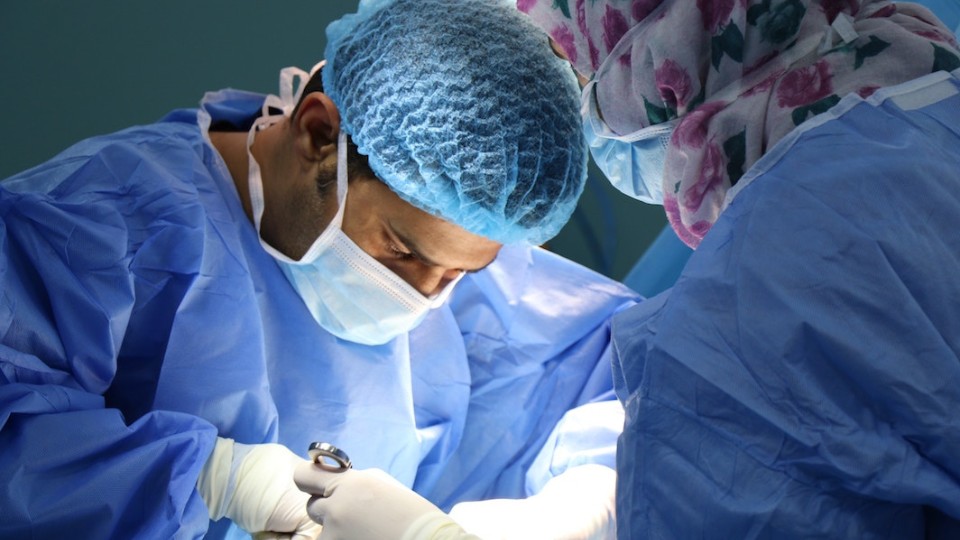
Is Bariatric Surgery Right for You? It can evoke surprise, curiosity, or even incomprehension for some. This article aims to demystify this still controversial approach.
Bariatric Surgery: Why and When?
Bariatric surgery may be suggested by doctors for individuals with a body mass index (BMI) of 40, corresponding to class III obesity. This translates to a weight of 250 lbs for a person measuring 5 feet 6 inches. It may also be recommended for individuals with a BMI of 35 when obesity-related diseases are present, such as heart disease, severe sleep apnea, diabetes, and mobility issues. Bariatric surgery is never the first option, as dietary changes and physical activity for successful weight loss are always prioritized(1).
The Impact of Surgery
There are two main types of surgeries. Restrictive surgeries limit the space available in the stomach, reducing food intake. Malabsorptive surgeries result in food malabsorption. It's important to note that a malabsorptive surgery is also restrictive.
Among the restrictive surgeries, two are very popular. The first is gastric banding, which involves placing a silicone ring around the stomach. The size of the ring can be adjusted afterward by injecting liquid through a reservoir located under the skin. The other is called a sleeve gastrectomy, which involves removing the outer part of the stomach, leaving a long vertical tube.
The most popular malabsorptive surgeries are Roux-en-Y gastric bypass and biliopancreatic diversion (BPD). In both cases, a portion of the small intestine is bypassed to create malabsorption, so that a portion of the ingested food is not absorbed by the body.
Positive Effects and Possible Consequences
Positive Effects:
- Long-lasting positive effects
- Sustained weight loss in the long term (weight reduced by 13 to 27% after 15 years)
- Reduction in the presence of obesity-related diseases (diabetes and elevated blood lipids)
- Decreased mortality 15 years later (2)
However, some complications are possible. Some are directly related to surgery, such as:
- Bleeding
- Respiratory problems
- Leaks in the gastrointestinal system (3)
Certain long-term side effects, particularly in the digestive system, are also possible:
- Blockages
- Frequent vomiting
- Gas and diarrhea
- Liver stones
- In rare cases, malnutrition (3).
Generally, malabsorptive surgeries have more side effects but are also associated with greater weight loss and greater resolution of obesity-related diseases (2).
Necessary Lifestyle Changes
Contrary to popular belief, bariatric surgery requires involvement from the patient. Regular meal schedules, good food quality, and adequate protein intake are essential. Certain lifestyle and eating habits must be corrected, including smoking and consuming large, high-fat meals.
For malabsorptive surgeries, lifelong vitamin supplementation, blood tests, and annual medical follow-ups are also important to reduce the risk of deficiencies.
In Summary...
Bariatric surgery can be an appropriate solution for sustainable weight loss and significant health improvement. This approach can be particularly beneficial for those who have failed to achieve significant weight loss through lifestyle improvements.
If someone in your circle is undergoing the process to receive bariatric surgery, know that this step is entirely valid! Too often, we have heard patients lament that their loved ones were against their decision. They need your support in this life-changing journey.
For more information :
Québec : Institut Universitaire de Cardiologie et de Pneumologie de Québec
Montréal : Hôpital du Sacré-Cœur de Montréal
References
1. Lau D.C.W. et al, 2006 Canadian clinical practice guidelines on the management and prevention of obesityin adults and children, CMAJ 2007, 176(8) S1-S13
2. Sjöström et al. Bariatric surgery and reduction in morbidity and mortality: experiences from the SOS study. Int J Obes, 2009 32 S93-S97
3. Mayo Clinic,, 2019. Bariatric surgery (en ligne) https://www.mayoclinic.org/tests-procedures/bariatric-surgery/about/pac…





